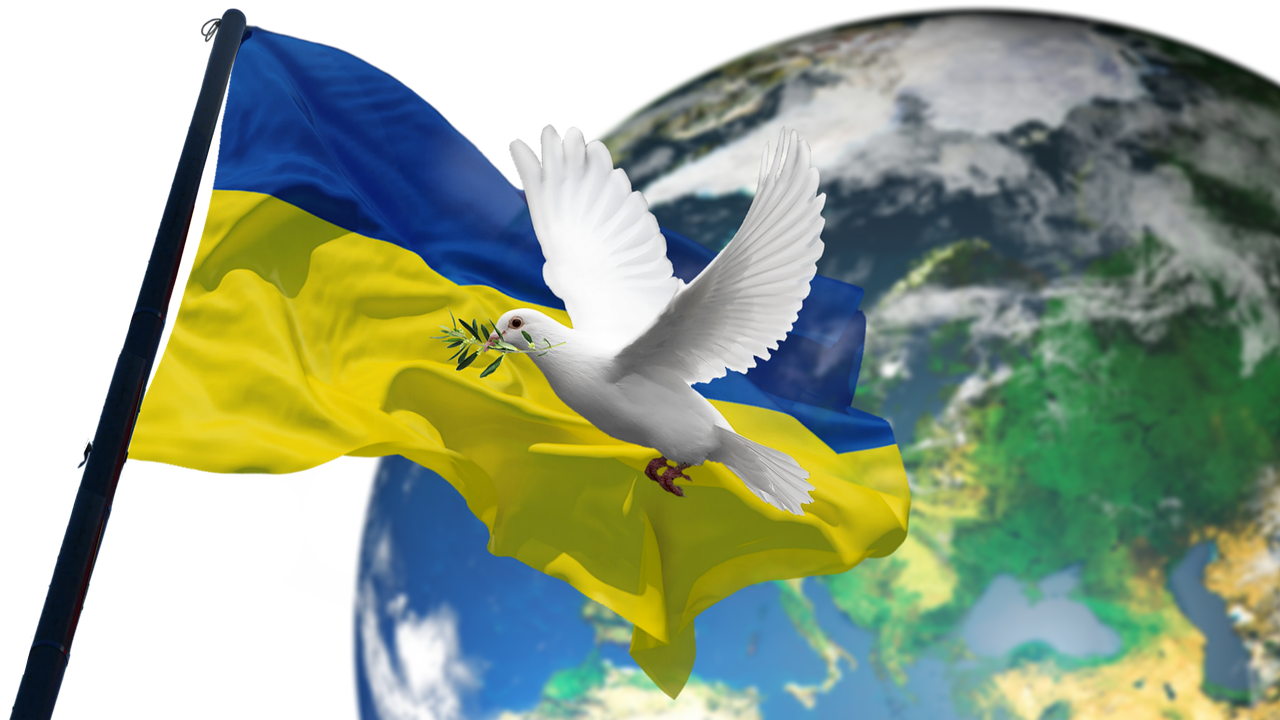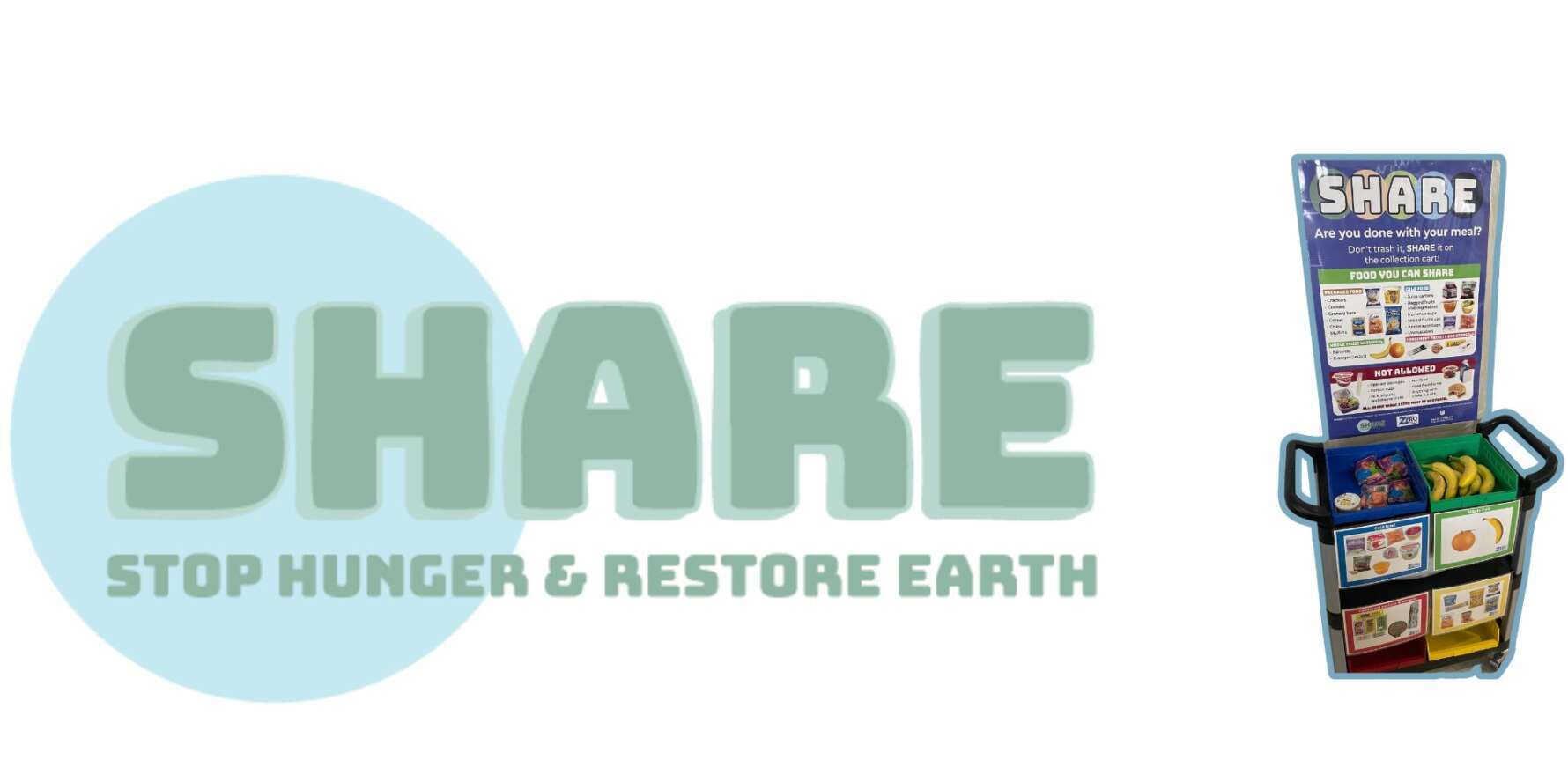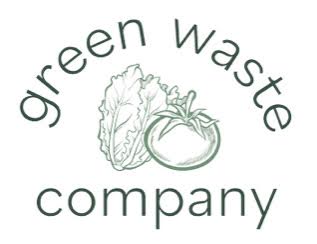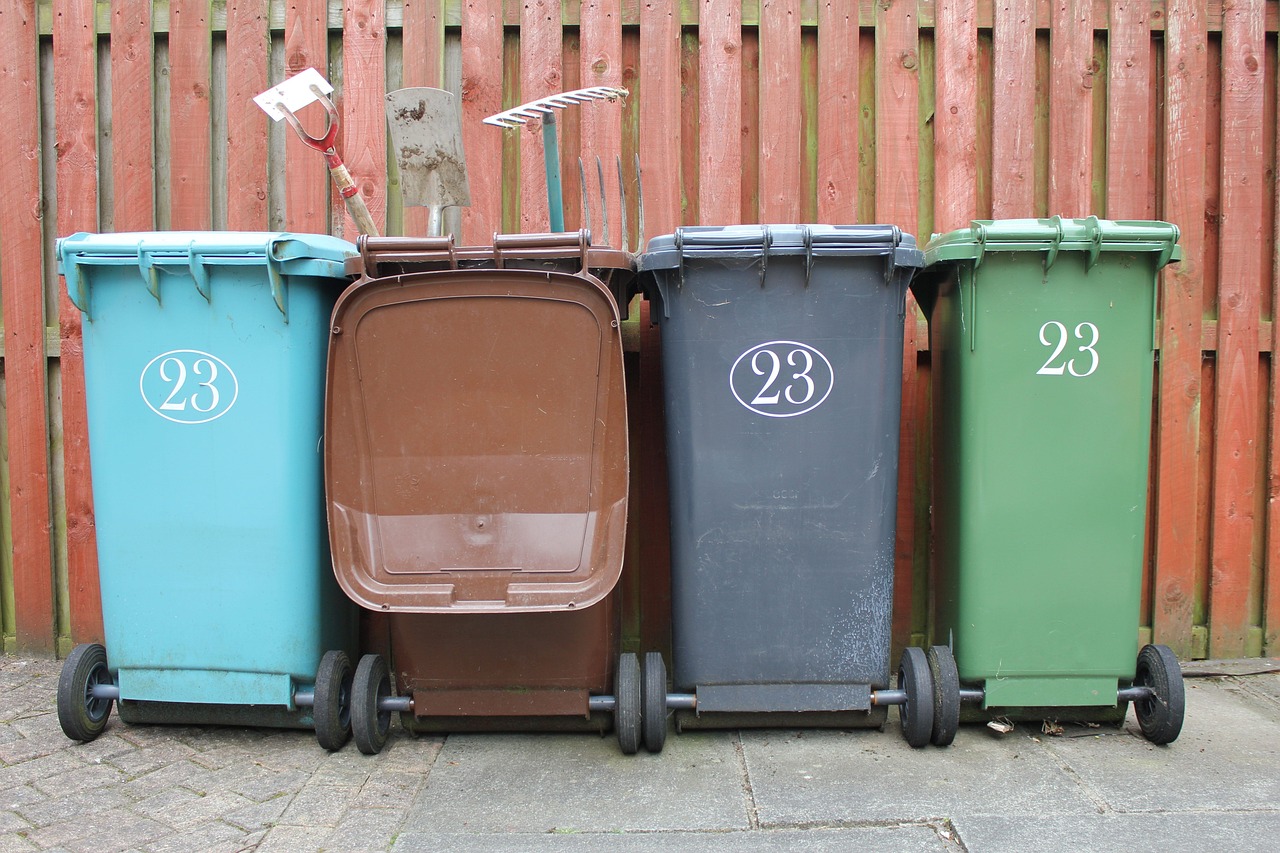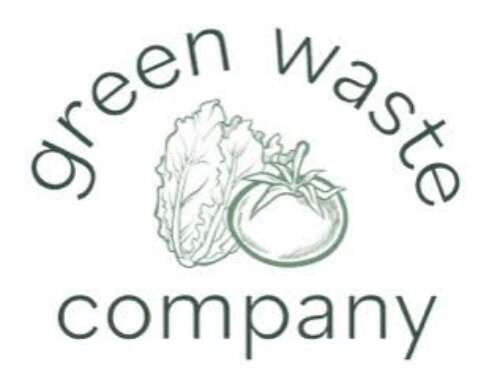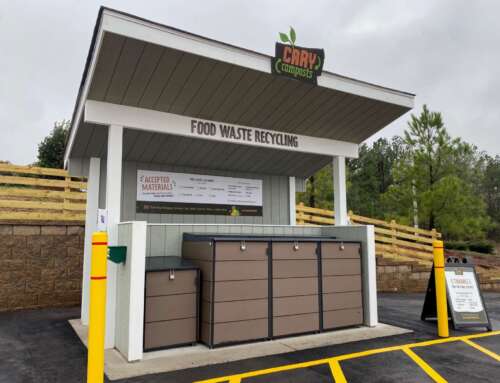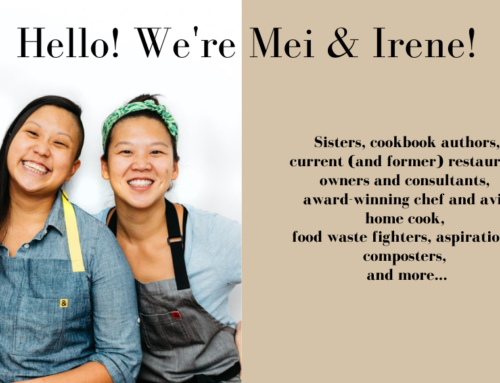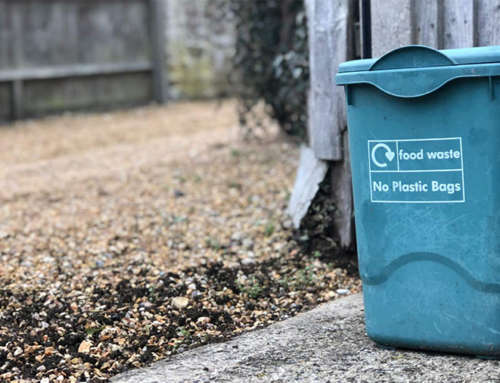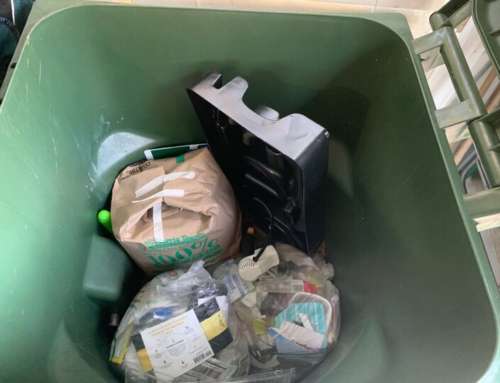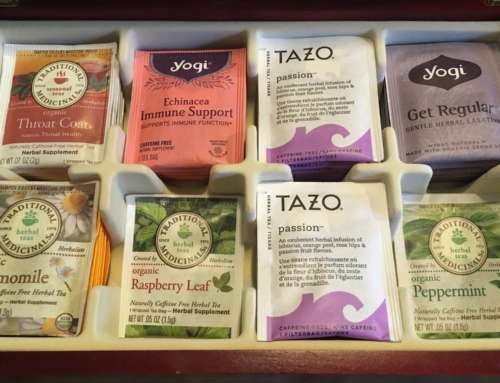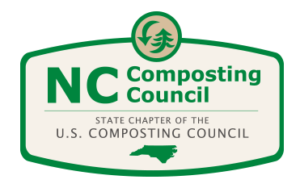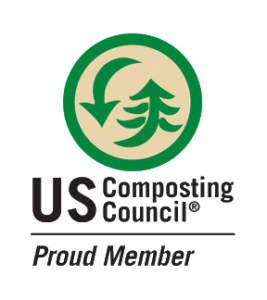How Does the Russia-Ukraine War Affect Food Supply?
How Does the Russia-Ukraine War Affect Food Supply?
Written By
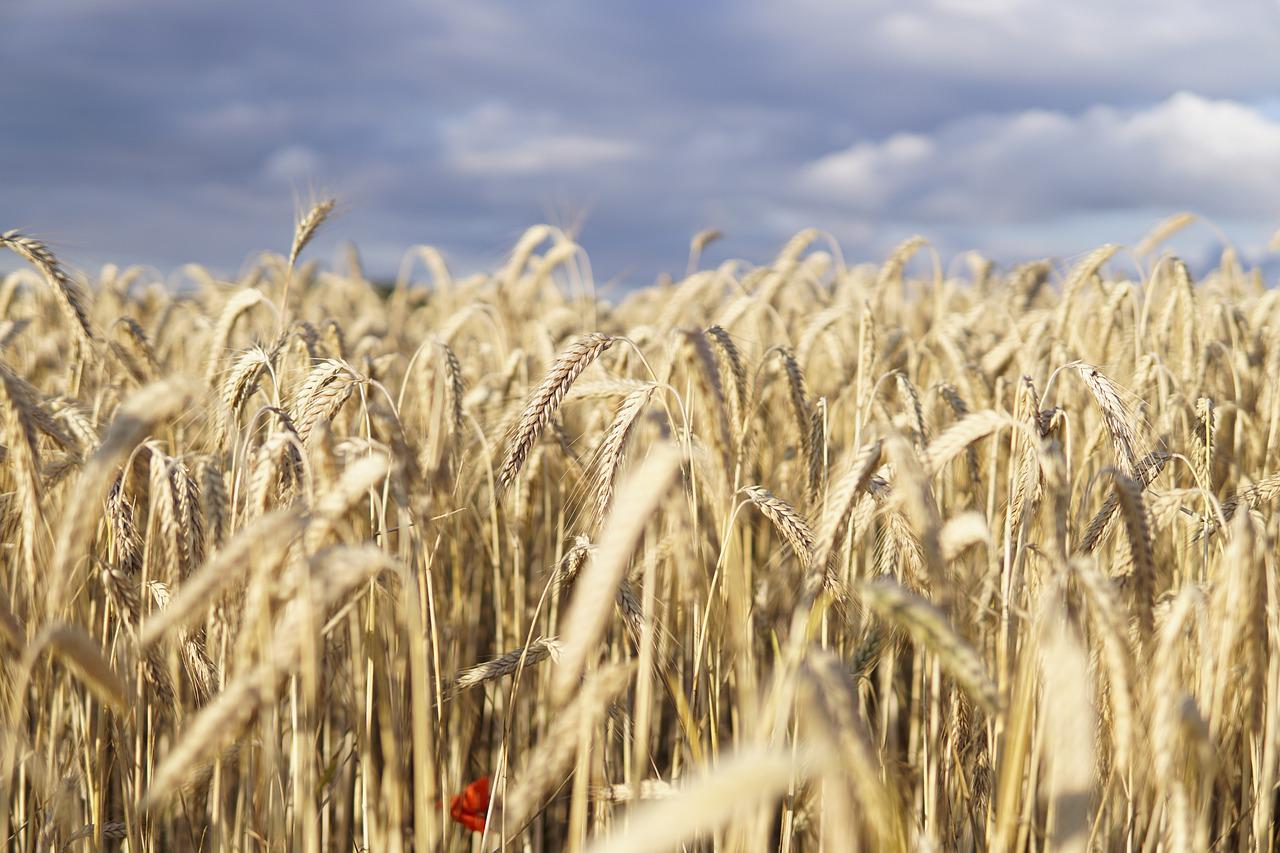
In the months since Russia invaded Ukraine on Thursday, February 24th, most of us have read many articles about what the fallout of this massive geopolitical event would be. Alliance, human rights, and economic impacts have been extensively covered in the news. Beneath all of these important issues, the ongoing conflict has taught us something very important about modern globalization; the way our world has been constructed to be inextricably linked with one another. The system is built on profit and efficiency, short term success over long term resilience. As a result, a war between two countries on one continent can affect a nation’s ability to feed its own people on another.
Global Production for Profit vs Need
The economies of the planet have become interlinked with one another in a globalized world. Global trade has not just become a common practice, but a necessary one. Due to the pressures from organizations like the World Bank for economic growth, countries have developed their economies to focus on goods and industries that they have a comparative advantage in. This means a country will prioritize products that will make them the most profit, versus the products that their nations need. A case study for this is Nigeria, whose primary export is petroleum resources. Nigeria has one of the largest oil reserves in the world, and given its value on the global market, the country has prioritized petroleum production over food production. This strategy allows them to maximize the amount of money it makes from foreign trade, then use the money to buy food from countries that have their comparative advantage in producing crops like wheat. Nigeria could very easily produce its own food supply, the southern region of the country is filled with nutrient rich soil ideal for agriculture. However, this land is being utilized to produce modern cash crops such as palm oil and cocoa instead of crops such as grains that can feed its citizens. As a result, Nigeria is the world’s fourth largest wheat importer. This optimization of resources works great in the short term, allowing Nigeria to maximize its economic growth. In the long term the system is not built for resiliency, with the disruption of foreign wheat supplies having potentially catastrophic consequences.
As a result of this globalized system, we have a few countries (those with a comparative advantage) producing food for most of the world. Two of these countries happen to be, you guessed it, Russia and Ukraine. A fourth of Nigeria’s imports come from Russia and Ukraine, with many other countries, including Eritrea, Somalia, and Tanzania relying even more on those two nations for food. The dependency extends beyond Africa as well, Turkey, Armenia, Lebanon, and Mongolia are more examples of countries that rely heavily on Russia and Ukraine for wheat and other crops. While there are some who have the capability to produce their own food such as Nigeria, there are others who cannot. As climate change continues, increasing desertification and natural disaster occurrences are rendering more and more countries agriculturally barren. Eritrea and Somalia have both experienced severe droughts in recent years, only increasing their reliance on breadbasket countries such as Russia and Ukraine. Since the war started, the food production in these two countries has grinded to a halt. Factories have been destroyed, fields burned, and workers rendered unavailable. All of the resources Nigeria has put into petroleum production can’t be easily switched over to agriculture in order to feed their people. Soon there won’t be enough to feed all of the countries that rely on the grains of Ukraine and Russia.
Global Supply Issues Means Rising Costs for All
While the fallout of the global food shortage is felt most heavily in countries like Nigeria and Eritrea, the impact has not failed to reach developed ones as well. As a result of the globalized economy, food prices have skyrocketed everywhere, including Europe and the United States. Food prices in the US were up 10.8% for the year ending in April 2022 which is the highest increase since November 1980. As the supply of important grains from Russia and Ukraine dwindles, the cost of food will continue to rise everywhere. No one is able to escape the ramifications of a shock to the system.
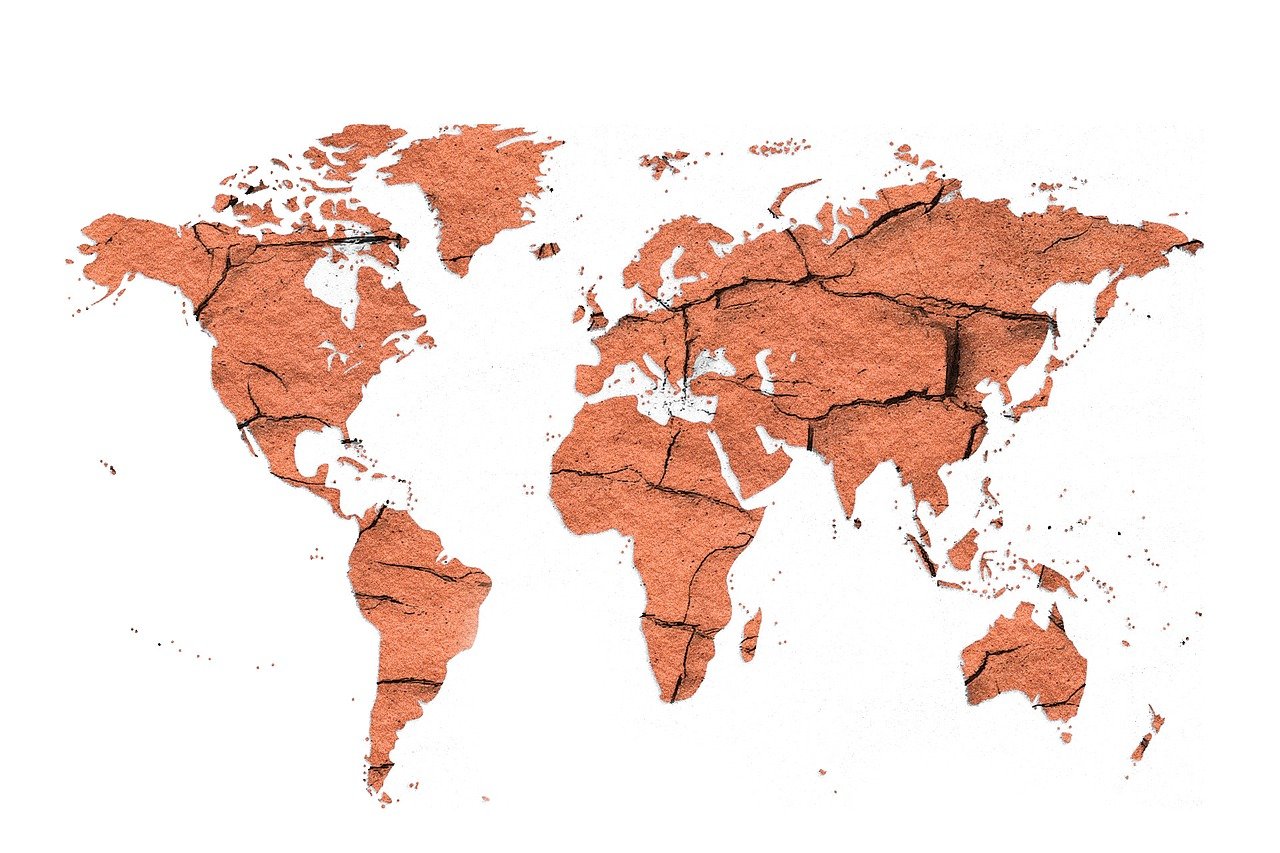
Diversification & Tackling Climate Change- Keys to a More Stable Global Food Supply
Finding a solution to this problem is far more convoluted than observing it is. Economists have been wrestling with the issue for years. A few important factors are diversification of food supply and environmental health. Expanding the global food sector beyond just a few small regions can ensure that local disruptions such as war or natural disaster don’t have such a strong effect on the global supply chain. One of the factors that makes the Russian- Ukraine war so devastating is just how many countries receive their grain from these two countries. If there were more options available to obtain these grains, the impact would be lessened. A key to accomplishing this goal is to fight climate change and focus on soil health. This improves the ability for our Earth as a whole to produce food and crops. As mentioned earlier, more and more countries are losing the ability to grow crops to feed their people due to the increasing rate of natural disasters, desertification, and poor soil health. If we improve environmental factors globally, more countries will be fit to grow crops, and diversifying our supply will be much easier.
These are only a few of the approaches that need to be used in order to tackle this complicated issue. While this problem is a result of our globalized economy, that’s not to say that globalization is all bad. There are many benefits that the system provides. Without it, countries like Eritrea wouldn’t have food at all. The system needs rebalancing with a focus on meeting the needs of all global citizens. In the meantime, it’s important to be aware that problems like these exist and to take the necessary steps to create a more stable global food supply
Links/ Citations:
https://www.economicsobservatory.com/how-is-the-war-in-ukraine-affecting-global-food-security
https://www.cfr.org/in-brief/east-africas-growing-food-crisis-what-know
https://www.hrw.org/news/2022/04/28/ukraine/russia-war-continues-africa-food-crisis-looms
https://news.un.org/en/story/2022/05/1118172
https://www.worldatlas.com/articles/what-are-the-biggest-industries-in-nigeria.html



